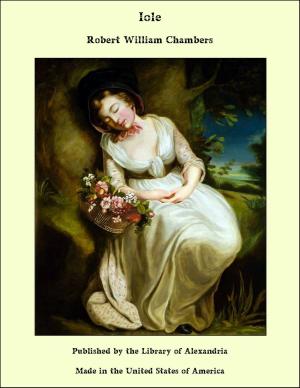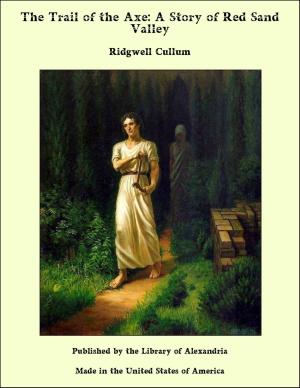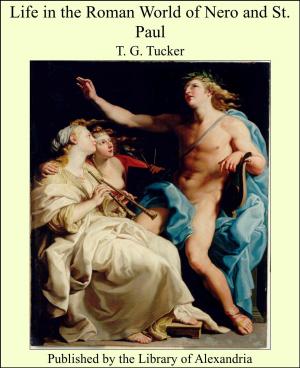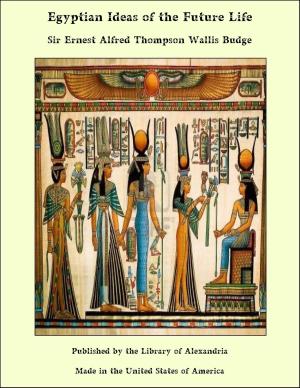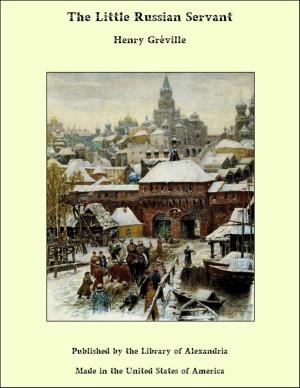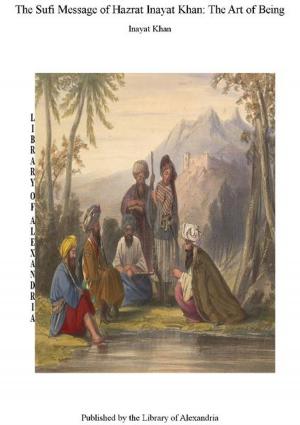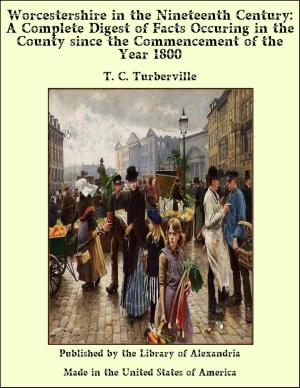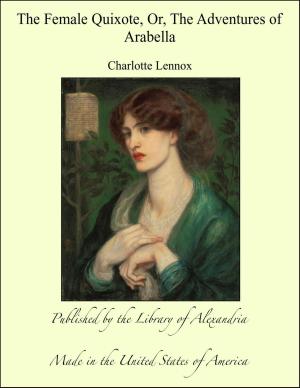A Short Method of Prayer
Nonfiction, Religion & Spirituality, New Age, History, Fiction & Literature| Author: | Jeanne Marie Bouvier de la Motte Guyon | ISBN: | 9781613108246 |
| Publisher: | Library of Alexandria | Publication: | March 8, 2015 |
| Imprint: | Language: | English |
| Author: | Jeanne Marie Bouvier de la Motte Guyon |
| ISBN: | 9781613108246 |
| Publisher: | Library of Alexandria |
| Publication: | March 8, 2015 |
| Imprint: | |
| Language: | English |
Some apology is perhaps needed when a Protestant thus brings before Protestant readers the works of a consistent Roman Catholic author. The plea must be, that the doctrine and experience described are essentially Protestant; and so far from their receiving the assent of the Roman Catholic Church, their author was persecuted for holding and disseminating them. Of the experience of Madame Guyon, it should be borne in mind, that though the glorious heights of communion with God to which she attained may be scaled by the feeblest of God’s chosen ones, yet it is by no means necessary that they should be reached by the same apparently arduous and protracted path along which she was led. The “Torrents” especially needs to be regarded rather as an account of the personal experience of the author, than as the plan which God invariably, or even usually, adopts in bringing the soul into a state of union with Himself. It is true that, in order that we may “live unto righteousness,” we must be of the joy of a complete surrender to God, it is not necessary to speak here: thousands of God’s children are realising its blessedness for themselves, and proving that it is no hardship, but a joy unspeakable, to present themselves a living sacrifice to God, to live no longer to themselves, but to Him that died for them, and rose again.
Some apology is perhaps needed when a Protestant thus brings before Protestant readers the works of a consistent Roman Catholic author. The plea must be, that the doctrine and experience described are essentially Protestant; and so far from their receiving the assent of the Roman Catholic Church, their author was persecuted for holding and disseminating them. Of the experience of Madame Guyon, it should be borne in mind, that though the glorious heights of communion with God to which she attained may be scaled by the feeblest of God’s chosen ones, yet it is by no means necessary that they should be reached by the same apparently arduous and protracted path along which she was led. The “Torrents” especially needs to be regarded rather as an account of the personal experience of the author, than as the plan which God invariably, or even usually, adopts in bringing the soul into a state of union with Himself. It is true that, in order that we may “live unto righteousness,” we must be of the joy of a complete surrender to God, it is not necessary to speak here: thousands of God’s children are realising its blessedness for themselves, and proving that it is no hardship, but a joy unspeakable, to present themselves a living sacrifice to God, to live no longer to themselves, but to Him that died for them, and rose again.

